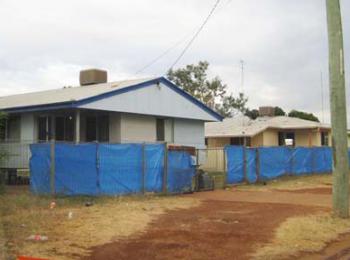
This research project promises to make a valuable addition to the body of knowledge regarding housing procurement processes in remote Aboriginal communities in Australia. It also has the potential to educate funders (government), ICHOs (community governance) and project facilitators (contracting companies) working in remote Australia as to best-practice administration processes leading to more positive outcomes of culturally responsive housing in using the social and economic capitals that Aboriginal people can bring to procurement. In order to appropriately procure Aboriginal housing in remote communities in Australia, it is argued that an envelope of ‘ethical fairness’ needs to cover all participants in the process; be they building contractors, Aboriginal occupants, government officials or others in procuring quality housing outcomes which attest to a shared future built environment that will last and that is representative and responsive to each other’s cultural, social and economic values.
Figure: Aboriginal tenant’s makeshift fence screens, Mt Isa.